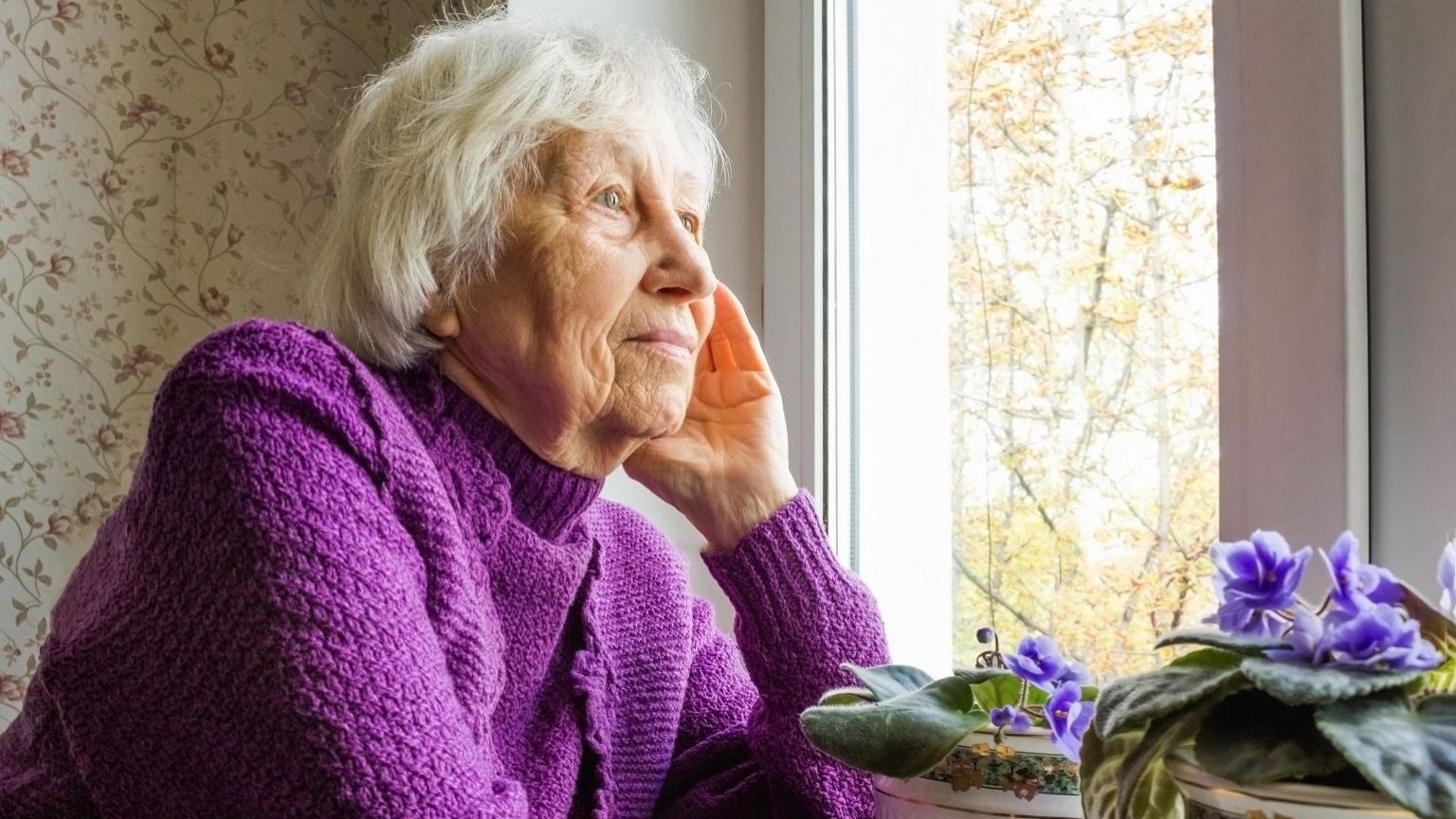Health
Study Reveals Grief’s Deadly Impact on Health After Loss

A recent study highlights a significant link between prolonged grief and increased mortality risks, suggesting that intense mourning can indeed impact physical health. Individuals experiencing severe and persistent grief following the loss of a loved one face a notably higher likelihood of death within a decade, according to research from a Danish team.
The study, published in the journal Frontiers in Public Health, followed over 1,700 adults who had recently lost a partner, parent, or close relative. Participants were categorized into five groups based on the intensity and duration of their grief symptoms over a ten-year period. Those classified in the “high” grief trajectory, demonstrating the most intense and long-lasting emotional distress, exhibited a death rate 88 percent higher than individuals with lower levels of grief.
The findings indicate that those in the high-grief group were not only more likely to experience severe emotional distress, but many also continued to seek therapeutic support or antidepressant medications more than three years after their loss. While the differences in health outcomes began to taper off after seven years, the implications of such prolonged grief are concerning.
Mette Kjærgaard Nielsen, a postdoctoral researcher at Aarhus University and one of the study’s authors, explained, “We have previously found a connection between high grief symptom levels and higher rates of cardiovascular disease, mental health problems, and even suicide. But the association with mortality should be further investigated.”
The study also noted that individuals in the high-grief group often had lower educational levels and were more likely to have been on mental health medications prior to their loss. This suggests that pre-existing vulnerabilities may exacerbate the emotional toll of bereavement.
Participants in the study had an average age of 62, which raises questions about whether age-related health issues could also explain some of the mortality rates observed. The sample size of the high-grief group was relatively small, with just 107 individuals compared to 670 in the low-grief group, indicating a need for larger studies to validate these findings.
This research contributes to a growing body of evidence regarding the impact of emotional trauma on physical health. One notable condition linked to extreme stress is takotsubo cardiomyopathy, commonly referred to as broken heart syndrome, which can mimic heart attack symptoms. Women are generally more likely to experience this condition, while men have higher mortality rates associated with it, as discussed in a study published earlier this year in the Journal of the American Heart Association.
Furthermore, other studies have indicated that individuals grappling with grief are at an increased risk of heart disease and suicide within three years post-bereavement, with men also exhibiting heightened risks for digestive and respiratory issues.
Nielsen emphasized the importance of these findings for healthcare providers, stating that increased awareness of the health risks associated with grief could lead to better patient outcomes. “Doctors can then offer these patients tailored follow-up in general practice or refer them to a private-practice psychologist or secondary care,” she noted.
As society continues to navigate the complexities of grief, this research underscores the critical need for adequate support systems to address both the emotional and physical ramifications of losing a loved one.
-

 Top Stories3 months ago
Top Stories3 months agoTributes Surge for 9-Year-Old Leon Briody After Cancer Battle
-

 Entertainment4 months ago
Entertainment4 months agoAimee Osbourne Joins Family for Emotional Tribute to Ozzy
-

 Politics4 months ago
Politics4 months agoDanny Healy-Rae Considers Complaint After Altercation with Garda
-

 Top Stories4 months ago
Top Stories4 months agoIreland Enjoys Summer Heat as Hurricane Erin Approaches Atlantic
-

 World5 months ago
World5 months agoHawaii Commemorates 80 Years Since Hiroshima Bombing with Ceremony
-

 Top Stories3 months ago
Top Stories3 months agoNewcastle West Woman Patricia Foley Found Safe After Urgent Search
-

 Top Stories5 months ago
Top Stories5 months agoFianna Fáil TDs Urgently Consider Maire Geoghegan-Quinn for Presidency
-

 World5 months ago
World5 months agoCouple Convicted of Murdering Two-Year-Old Grandson in Wales
-

 World5 months ago
World5 months agoGaza Aid Distribution Tragedy: 20 Killed Amid Ongoing Violence
-

 World5 months ago
World5 months agoAristocrat Constance Marten and Partner Convicted of Infant Murder
-

 Top Stories4 months ago
Top Stories4 months agoClimbing Errigal: A Must-Do Summer Adventure in Donegal
-

 Top Stories4 months ago
Top Stories4 months agoHike Donegal’s Errigal Mountain NOW for Unforgettable Summer Views








